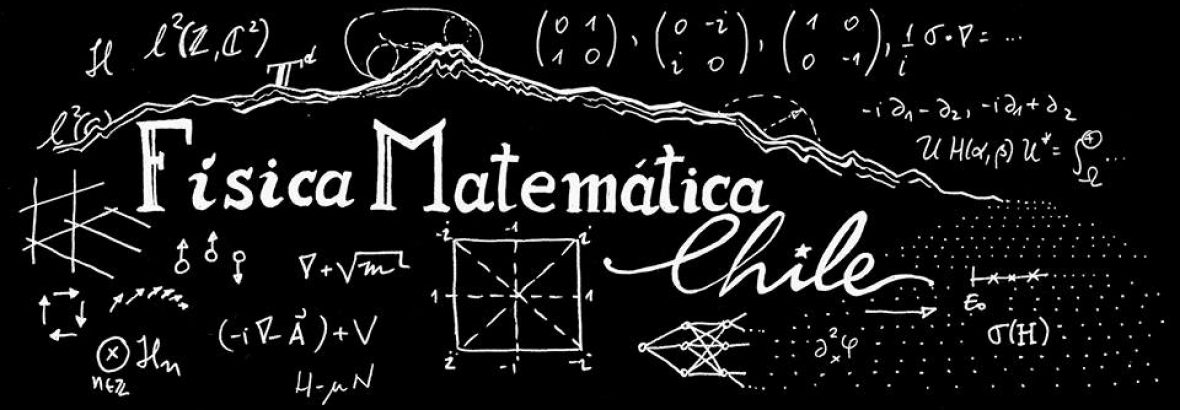Speaker: Marouane Assal. Pontificia Universidad Católica de Chile
Title: A double well problem for a system of Schrödinger operators with energy-level crossing
Place: Pontificia Universidad Católica, Facultad de Matemáticas, Campus San Joaquin, Sala 5
Abstract:
We study the existence and the asymptotic distribution of the eigenvalues of a 2*2 semiclassical system of coupled Schrödinger operators, in the case where the two electronic levels (potentials) cross at some real point and each of them admits a simple well. Considering energy levels above that of the crossing, we give the asymptotics of the eigenvalues close to such energies. In the case of symmetric wells, eigenvalues splitting occurs and we give a precise estimate of it.
